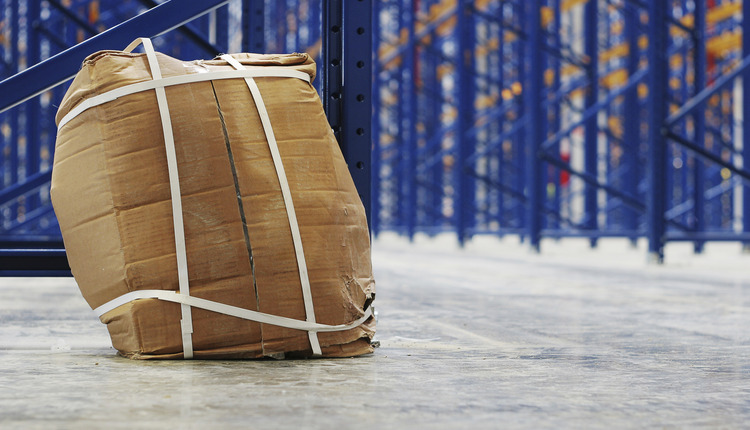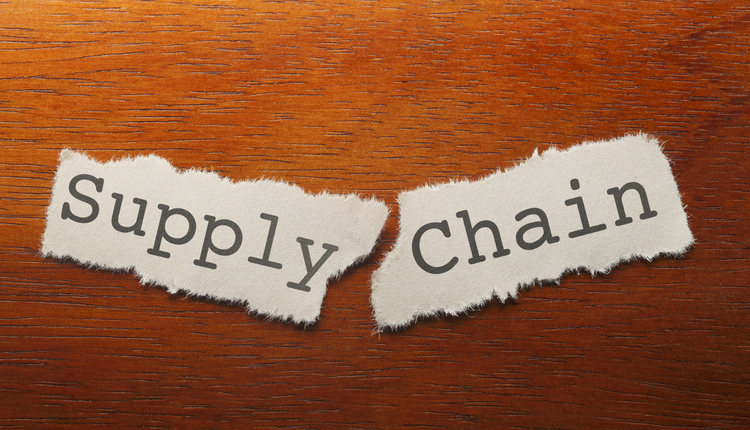Globalization, final mile, and achieving efficiency through fulfillment best practices are all planned as discussion topics for this year’s PARCEL Forum as part of our contribution to the annual event. While this may seem like an odd assortment of topics, the three presentations are interconnected in order to promote successful supply chains in today’s rapidly evolving markets.
While doubts of globalization linger, the global economy is estimated to grow at 3.5%, with growth outside of the US growing at a much faster rate. Consider that the International Monetary Fund’s (IMF) 2017 GDP forecast for the US is 2.1%, while China’s forecasted GDP is 6.7% and India’s is 7.2%. Now consider global population distribution, as Asia accounts for 60% of the world’s population, with China and India combined representing 37%. If you’re wondering about the US, its population only represents 4.4% of the world’s population. Clearly, the greatest opportunities for US businesses are outside of the country; however, there are risks — including political, natural, and financial factors — to consider when expanding overseas.
Despite growing global risks, the rise of international commerce has not been constrained. Estimated to reach $2 trillion in sales by 2020, the largest geography in terms of e-commerce sales is Asia, followed by the US. E-commerce has a tremendous impact on small parcel volumes, and both are expected to increase drastically over the next decade. Addressing these rising volumes has resulted in the leading integrators to heavily invest in expanding not only the number of sorting and handling facilities, but also in the automation of new and old facilities to speed up the final-mile process. Meanwhile, to help defray some of their operating expenses, small parcel rates and surcharges have increased, along with the introduction of new surcharges, such as the Peak Season surcharge. As Mr. Abney, CEO of UPS said on the company’s recent quarterly analyst call, "Not everything is a Christmas present."
For retailers, the competition is fierce, and the e-commerce behemoths, Alibaba and Amazon, are taking bigger shares of the global retail industry. To compete, retailers must have agile and responsive supply chains. The biggest supply chain components, fulfillment and distribution and shipping, can prove costly if not managed effectively and could result in unnecessarily higher operating costs for retailers; however, there are ways to achieve cost savings and efficiency in both.
In terms of fulfillment efficiencies, businesses need to consider such items as:
· Whether or not to outsource or keep fulfillment requirements in-house
· Decision points in the evaluation of in-house versus outsourcing
· If the decision is to outsource, do you outsource to a 3PL or a marketplace?
· Locations of fulfillment facilities and the optimum number of such facilities
Fulfillment feeds into the final mile, and the battle in this supply chain component is being played out by traditional players, such as the integrators, post offices, and regional carriers, and some not-so traditional players, including Amazon, Deliv, Postmates, and others. In fact, Amazon has perhaps had the biggest impact on final mile expectations by shaping consumers’ perceptions that the delivery expectation is potentially same-day rather than the typical five-to-seven-day delivery time.
Clearly, retailers have options when selecting a final-mile delivery provider. The integrators have addressed the rising volumes by making significant investments into new sorting and handling as well as improving the final-mile process through automation. Similarly, retailers will need to decide if they want to offer “free” shipping, a flat-rate shipping charge, or something completely different. In addition, delivery locations need to be considered, whether it’s to the consumer’s home, alternative delivery locations or both.
In analyzing both fulfillment and final-mile costs, utilizing available data will be critical to improve fast and efficient response rates.
Please join Spend Management Experts (SME) as we present the following sessions at PARCEL Forum 17:
· Optimizing Your International Supply Chain – Brian Broadhurst, Vice-President of Transportation Solutions, SME
· Evaluating DC Efficiencies – John Haber, CEO of SME and Jay Kent, Managing Director of SLBperformance
· Out of the Box Delivery Options Make Quick Transit Possible – Brian Broadhurst, Vice-President of Transportation Solutions, SME and John Haber, CEO of SME
Finally, don’t forget the luncheon on Wednesday of the conference. Spend Management Experts is proud to sponsor both the keynote speaker and Game Changer of the Year Award. This year’s keynote speaker is Anthony Foxx, the 17th United States Secretary of Transportation and the former Mayor of Charlotte, North Carolina. As Secretary of Transportation, he led an agency with more than 55,000 employees and a budget of $70 billion. Sec. Foxx was responsible for overseeing American air, maritime, and surface transportation and ensuring that America maintained the safest, most efficient transportation system in the world.
We look forward to another exciting PARCEL Forum. Be sure to stop by our Booth 108 to say hello!





![GettyImages-911045162-[Converted]](https://cms-static.wehaacdn.com/parcelindustry-com/images/GettyImages-911045162--Converted-.2298.widea.0.jpg)













